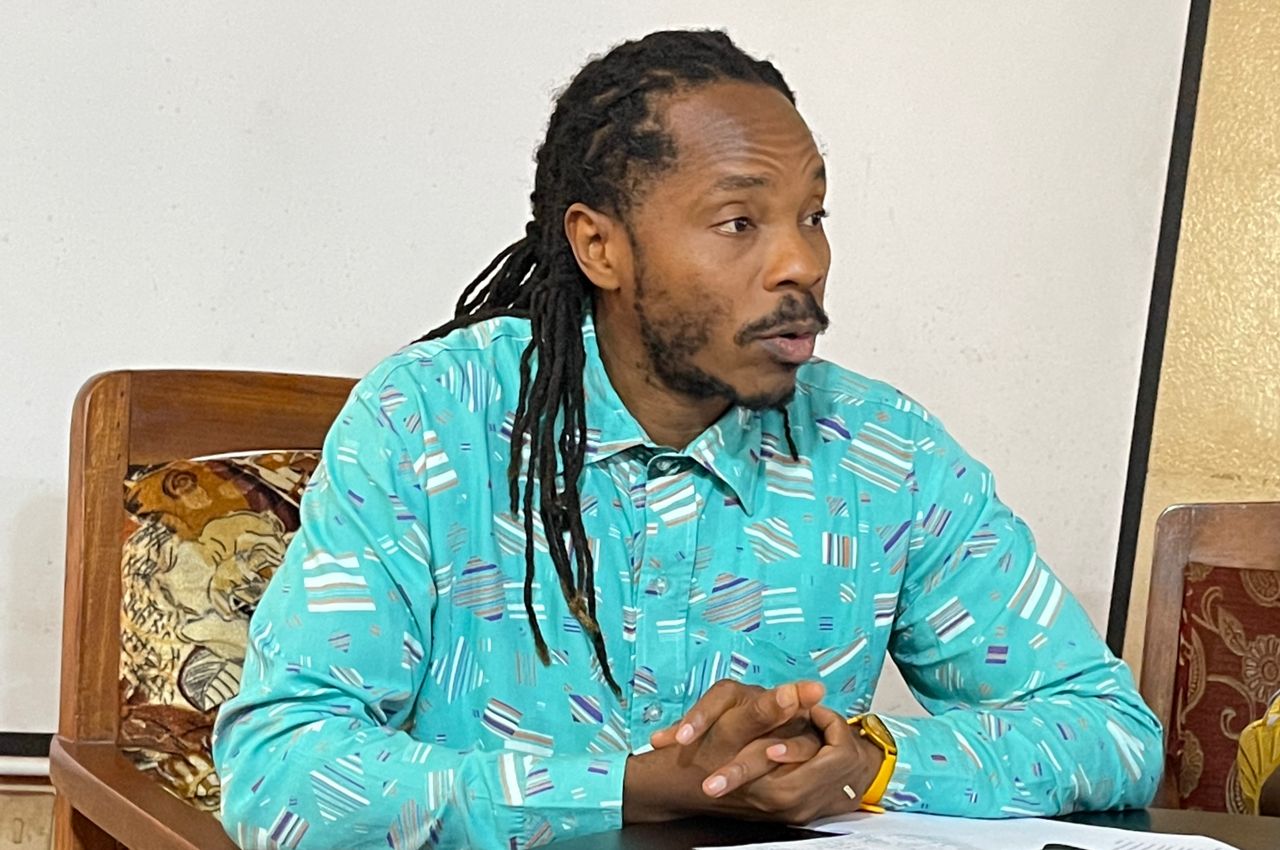Number of candidates sitting WASSCE increased by 479% 2018-2022
2021/2022 West Africa Senior Secondary Certificate Examination (WASSCE) saw the largest cohort of examination candidates ever with the number of candidates sitting the exam increased by 479% from 2018-2022 reaching a record 186,695 students for whom results have been released to the Ministry of Basic and Senior Secondary Education (MBSSE).
“For the second year in a row, there are more female students than male students sitting WASSCE, the pass rate for individual papers has climbed from 64% in 2021 to 77% in 2022, the number of students obtaining the benchmark 5 credits in a single sitting has increased by 1863% between 2018 and 2022, the top student sat and passed all 8 of his subjects with an average grade of 1.63, i.e. something better than a B2, and the top student was a girl and a joint second was also a girl, according to the Minister of Basic and Senior Secondary Education Dr Moinina David Sengeh during the announcement of the result yesterday on SLBC Television.
He said the top school saw 100% of its candidates obtain the benchmark 5 credits as well as all meeting the minimum requirements for direct entry to university degree programmes, with an average grade of 2.33, i.e. approximately a B2, adding that the number of candidates achieving direct university degree programme entry requirements by obtaining 5 credits including a credit in English Language and/or Mathematics in a single sitting has increased by an amazing 1,781% over the period 2018:2022.
He said in 2022 more than 108,000 students obtained the requirements, which is more than the previous 5 years combined, with more females than males obtaining these requirements.
The Minister said the pass rates for English Language and Mathematics are 63% and 90% respectively, with males slightly outperforming females in the English Language nationally but in mathematics, the opposite was true with females outperforming males.
According to the Minister, there remains large variation in performance across subjects, noting that of the twenty subjects with most candidates sitting, Science (Core) had the highest pass rate (95%) and Commerce the lowest (11%).
“There remains a large variation in performance across districts, including in terms of average grade/unit, percentage obtaining 3 and above credits and for obtaining the requirements for entry into a full first-degree programme Ministry of Basic and Senior Secondary Education,” he said.
The Minister reiterated the strive made by the government in the Free Quality School Education package in achieving such a height which among them includes; payment of school fees, examination fees, and provision of core textbooks.
“When the government ensures that 3.1 million core textbooks in English and Maths are in the hands of our secondary school children, they learn. When the government ensures that it recruits and trains more teachers, increasing their salaries 3 times in 5 years, they perform better. When the government makes learning materials like past papers and other curriculum content freely available to students using digital technology, we see improved learning. When the government invests in building hundreds of classrooms, providing thousands of furniture and making schools safer, ensuring our children can go to school and return home safer through school transportation, those children feel safer and learn better,” he said.
He furthered that when the government reviews all its education curriculum, making it fit for purpose, the children become more competitive globally, adding that when the government engages students, teachers, parents, and the community in the provision of more inclusive and equitable education, quality improves for all.
“These are but a few commitments we have sustained over the last four years. While, we are not surprised at the outcomes, and the jump is not spontaneous (that is we have been seeing upward trends over the past years) we are hopeful that we have more to do as we seek to transform our country through education,” the Minister said.
In New York, President Bio committed to sustaining an investment of a minimum of 20% in the education sector in addition to the following:- cut in half the number of out-of-school children of primary school age by 2030, compared to today – launch an Alliance for Foundational Learning through which we further commit to cutting the rate of learning poverty in half or more by 2030 – commit to preparing our students for the future by making climate education a central component at all levels – commit to setting measurable targets for skills training and technical education.
The top 10 schools based on average grades are; Kenema Kamboi (Lebanese) Senior Secondary School, West Urban SCIENCE WORLD S.S.S., 16W BLACKHALL RD., ASHORBIE CORNE, WestUrban Providence International Senior High School, Freetown, West Urban Hammond Int. Academy Secondary School, Freetown, Bonthe Mallory Jansen Memorial High School (SSS) Ngolala, West Urban PENTECOSTAL S.S.S., ABERDEEN FERRY ROAD, Port Loko Furlange School of Excellence(EDUCAID) Senior Sec. School, West-Rural Dele-Peddle International High School, Freetown and West-Rural EXTRA MILE OBA FUNKIA COMMUNITY S.S.S., GODERICH.
The top 4 candidates based on average grades are: Kamboi (Lebanese) Senior Secondary School, Kenema SKAIKAY NASMA (6As), Kenema Community Initiative Academy Senior Secondary School, KALLON KHADIJAH HASSAN (5As), West Urban Providence International Senior High School Freetown NCHEZOR PETER ONYEKA (5As), WestUrban Saline High School, Freetown KPAKA JULIUS ALIE (5As).
“We would like to wish all candidates, parents and most especially our teachers a big congratulation. We won’t stop expecting you and ourselves because our future depends on it. Let’s keep transforming education and learning for all,” the Minister concluded.


